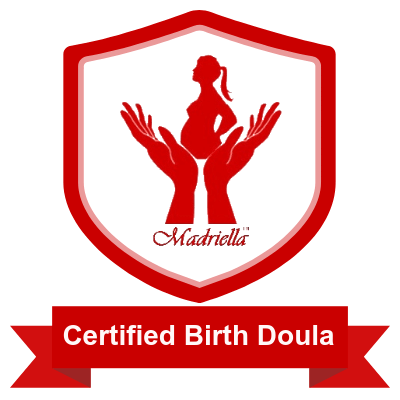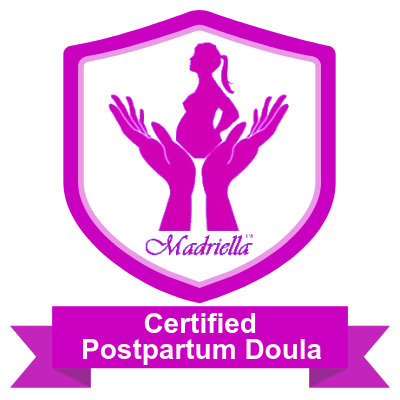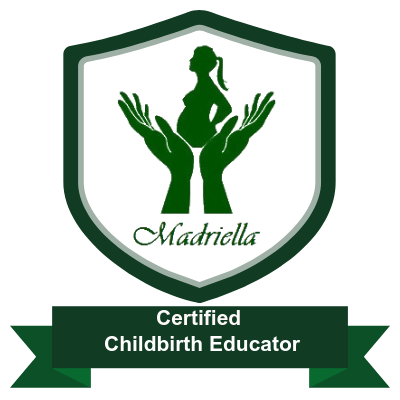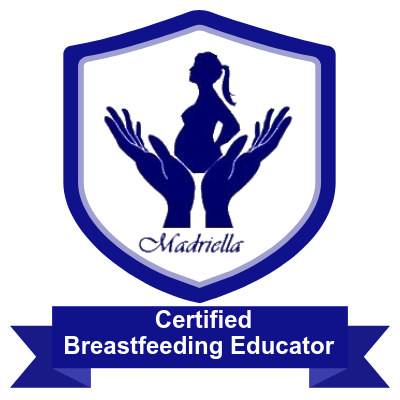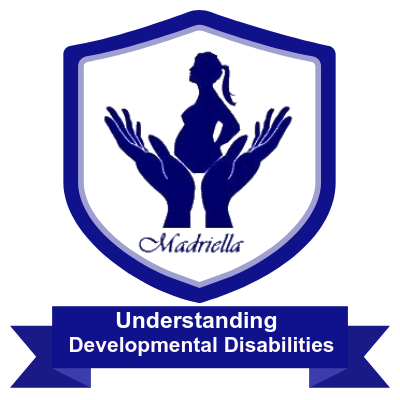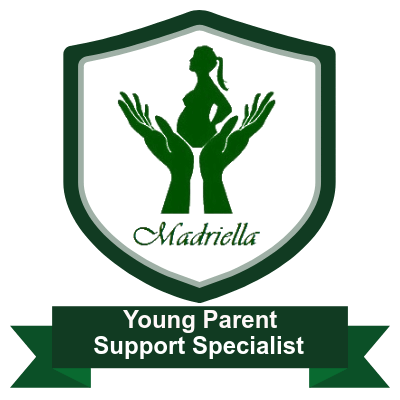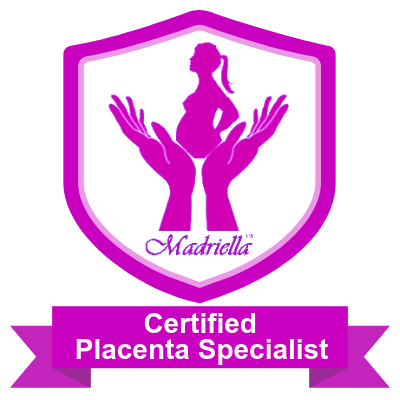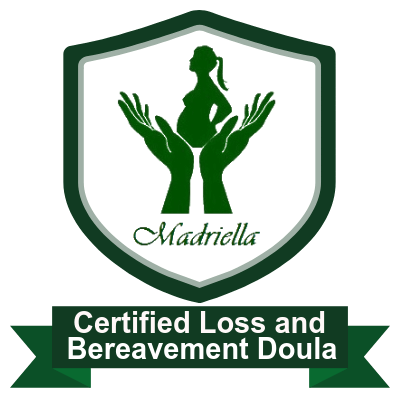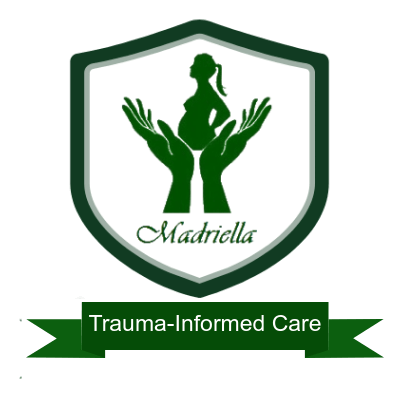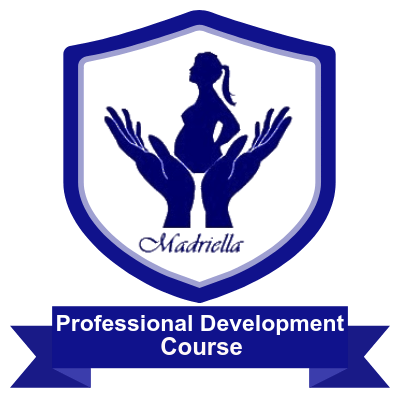Meet The Author
My name is Hadiah. I’m a certified Doula and the blogger behind Simply Hadiah.
With a background in psychology and experience in counseling, I want to provide valuable guidance to moms navigating various issues around pregnancy, childbirth, postpartum recovery, and caring for their little ones.
I am deeply invested in helping parents raise their children with love, kindness, and respect through gentle parenting.
If you’re seeking support and insights on pregnancy and postpartum wellbeing and gentle parenting practices, you’ve come to the right place!
Contact Information
Want to get in touch?
If you have any suggestions, comments, or just want to say hi, please email me at the following address:
Note: I’m not accepting guest posts/sponsored posts or link insertions/link building.
contact[at]simplyhadiah.com
About Doulas
In 2007, a report published by the Cochrane Library highlighted the “dehumanization” experienced by women during childbirth due to a lack of continuous support.
This realization prompted maternity experts and professionals to advocate for a “rehumanization” of the birthing process by reintroducing uninterrupted support for laboring women.
Numerous studies have since demonstrated the benefits of continuous support, particularly when provided by individuals solely dedicated to this role. The advantages include the following:
- Shorter labors
- Increased spontaneous vaginal births
- Decreased requests for pain medication
- Higher satisfaction with birth experiences
Doulas provide emotional, physical, and informational assistance, acting as advocates for women’s choices and preferences during labor and delivery.
By offering continuous support, doulas help to counter the impersonalized and medicalized nature of modern childbirth, allowing women to reclaim their agency and experience childbirth as a powerful and transformative event.
For example, a doula may provide comforting touch, soothing words, or suggestions for positions and breathing techniques to enhance relaxation and pain relief.
They also guide women through informed decision-making processes by providing evidence-based information about interventions and alternatives.
Ultimately, their presence helps foster a sense of empowerment, fostering a positive birthing experience that promotes the well-being of both mother and child.
